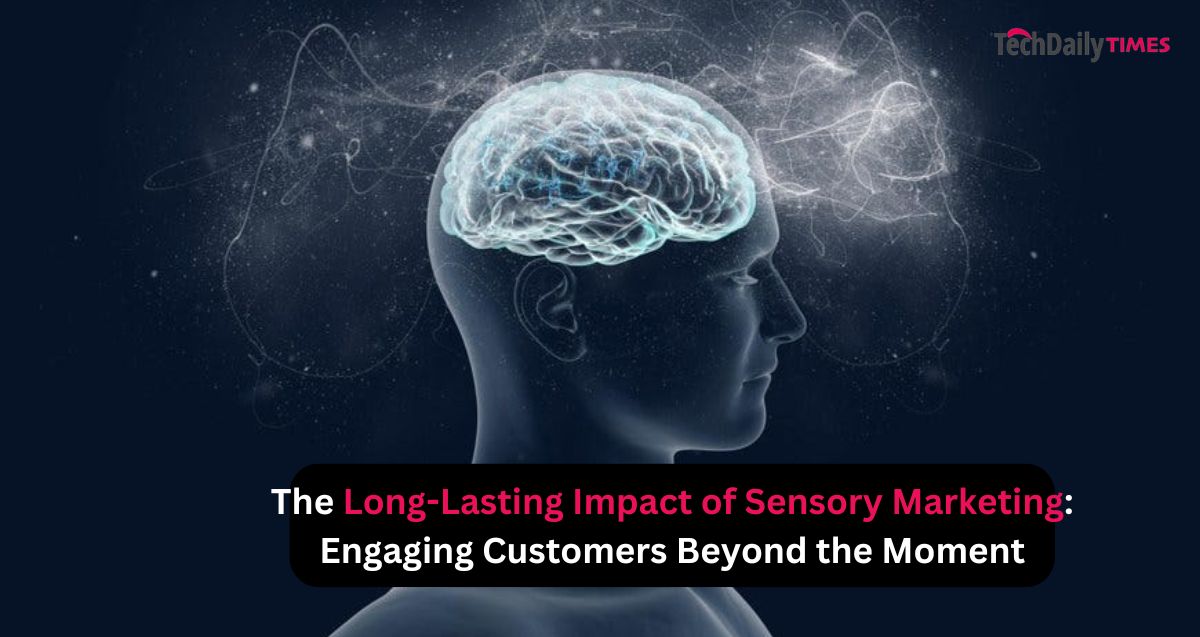In recent years, the landscape of education has transformed significantly, especially with the rise of virtual school courses for grades 7-12 in Indiana. This shift necessitates a meticulous approach to ensure that these online courses align with the Indiana State Standards. The following sections will provide an overview of these standards, discuss how to customize content delivery, explore assessment strategies for virtual learning, and highlight the importance of incorporating interactive tools to enhance student engagement.
Table of Contents
Understanding Indiana State Standards
Indiana State Standards serve as a comprehensive framework designed to ensure students acquire the essential knowledge and skills needed for success in college, career, and beyond. These standards cover various subjects, including English Language Arts, Mathematics, Science, Social Studies, and more. Each subject has specific benchmarks that outline what students should know and be able to do at each grade level.
For educators developing virtual courses for grades 7-12, understanding these standards is crucial. It involves familiarizing themselves with the detailed objectives for each subject and grade level. This knowledge allows educators to create lessons and activities that not only meet these requirements but also foster a deep understanding of the material.
Key Elements of Indiana State Standards:
- Rigorous Academic Expectations: These standards are designed to challenge students and prepare them for post-secondary success.
- Clear and Consistent Benchmarks: They provide a consistent framework across the state, ensuring that all students have access to a high-quality education.
- Focus on Critical Thinking and Problem Solving: Emphasis is placed on developing higher-order thinking skills essential for real-world applications.
Personalizing Content Delivery for Engagement
Customizing content delivery is essential to make virtual learning engaging and effective. The transition from traditional to virtual classrooms requires innovative strategies to maintain student interest and ensure comprehension.
Strategies for Effective Content Delivery:
- Differentiated Instruction: Tailoring lessons to accommodate diverse learning styles and needs. This could include visual aids for visual learners, interactive simulations for kinesthetic learners, and discussion forums for auditory learners.
- Modular Course Design: Breaking down the curriculum into manageable modules helps students focus on one concept at a time, making learning less overwhelming.
- Interactive Multimedia: Incorporating videos, podcasts, and interactive graphics can make lessons more engaging and accessible.
Engagement Tips:
- Live Sessions and Recorded Lectures: Combining live, interactive sessions with recorded lectures provides flexibility and accommodates different schedules and learning paces.
- Discussion Boards and Peer Interaction: Encouraging student interaction through online forums and group projects fosters a sense of community and collaboration.
- Real-World Applications: Integrating real-world problems and scenarios can make learning more relevant and interesting.
Effective Assessment Strategies in Virtual Learning
Assessing student progress in a virtual environment requires innovative approaches to ensure assessments are fair, comprehensive, and conducive to learning.
Online Assessment Methods:
- Formative Assessments: Regular quizzes, discussion posts, and reflection journals help track student progress and provide ongoing feedback.
- Summative Assessments: Mid-term exams, final projects, and standardized tests are essential for evaluating overall comprehension and skill acquisition.
- Project-Based Assessments: Encouraging students to undertake projects that require critical thinking and application of knowledge to real-world scenarios.
Best Practices for Online Assessments:
- Clear Rubrics and Expectations: Providing detailed rubrics helps students understand the criteria for success and self-assess their work.
- Frequent Feedback: Offering timely and constructive feedback keeps students motivated and informed about their progress.
- Adaptive Testing: Utilizing adaptive testing technology to customize assessments based on individual student performance.
Utilizing Interactive Tools to Enhance Learning
Incorporating interactive tools into virtual courses significantly enhances student engagement and learning outcomes. These tools make learning more dynamic and can cater to various learning preferences.
Effective Interactive Tools:
- Learning Management Systems (LMS): Platforms like Canvas, Blackboard, and Google Classroom facilitate course management, communication, and resource sharing.
- Virtual Labs and Simulations: Tools like Labster and PhET Interactive Simulations provide hands-on experience in a virtual environment, especially useful for science courses.
- Gamification: Integrating game elements such as badges, leaderboards, and challenges can increase motivation and engagement.
- Collaborative Tools: Google Docs, Padlet, and other collaborative platforms enable real-time collaboration and peer feedback.
Enhancing Virtual Engagement:
- Interactive Videos: Tools like Edpuzzle allow educators to add questions and notes to videos, making them interactive and engaging.
- Virtual Reality (VR) and Augmented Reality (AR): These technologies offer immersive learning experiences that can make abstract concepts more tangible.
- Polls and Quizzes: Regular polls and quizzes can keep students engaged and provide immediate feedback on their understanding.
Conclusion: Ensuring Quality Education in a Virtual Environment
Adapting the curriculum to meet Indiana State Standards in virtual school courses for grades 7-12 requires a strategic and multifaceted approach. By understanding the state standards, customizing content delivery, employing effective assessment strategies, and incorporating interactive tools, educators can create a robust and engaging virtual learning environment. As education continues to evolve, these practices will ensure that students receive a quality education that prepares them for future success.










